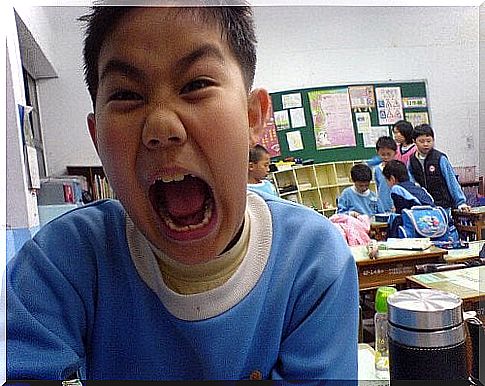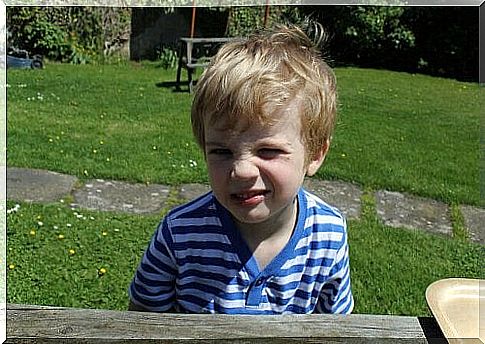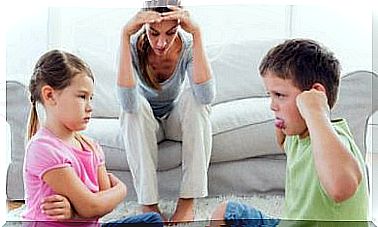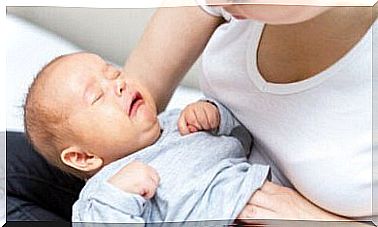5 Exercises To Help Your Child Cope With Stress – Parenthood

As with adults, a stressful lifestyle affects all dimensions of development. School efficiency decreases, social relationships deteriorate and children gradually begin to lose motivation.
To prevent your children from starting to suffer from childhood stress, it is important to provide them with a peaceful environment and to teach them to face daily challenges.
Practical advice for dealing with stress in children

1. Exercise. Regular physical activity is one of the best strategies for dealing with stress. This method works for both children and adults. A physical activity can also contribute to the physical development of the child. It is also effective in managing certain conditions like stress or anxiety.
2. Teach them breathing exercises. When your kids are showing signs of stress or anxiety, the first thing you need to do is take a break to help them calm down. Ask them to take a deep breath and think of something they like to do or enjoy.
3. Get out of the house. A stressful episode or a stressful routine can be countered with a little contact with the outside world. Going to the park or playing outside the house for a few moments can calm this reaction. Physical movement combined with a friendly environment is ideal for relaxing a bit.
They can write, draw, paint or simply channel their energy through creative activities. one simple thing you can do is take magazine, glue, and scissors to make a free collage with their favorite images and colors.
5. Encourage them to do relaxing activities. For children who prefer calmer exercises, the practice of yoga and meditation is a good option.
These exercises promote the search for inner peace and emotional stability. It has also been proven to benefit the cognitive and emotional development of children who engage in these types of activities.
Indications to help you adequately manage childhood stress
- Encourage your child to face their fears and not run away from them. Flight creates anxiety problems while confrontation reduces it over time.
- Stay calm so they learn to react calmly to difficult situations. Children and adolescents tend to interpret and imitate the responses of adults.
- Reinforce positive behaviors and show them affection. Courageous attitudes deserve recognition and encouragement.
- Encourage self-expression so that anxiety and stress don’t turn into a time bomb. If you notice changes in your children’s behavior, ask them questions and show them that you are there to listen to them and give them words of comfort.
- Try to name each sensation. So they will have the precise words to describe what they are feeling and what they are thinking. Part of the development in terms of communication for children supposes the awareness of emotions and the ability to name them.
- Comfort your children in their problem-solving skills. The appropriate process is to listen to what they have to say, empathize with them, and then help them find solutions to their conflicts.
- Limit stress whenever possible. If you know that certain situations can trigger stress, try to find an alternative way to get around them.

While you can’t always prevent your child from being exposed to conditions that can be stressful, you can still help them manage it in the healthiest way possible.
The capacity he develops to face life determines the kind of adult your child will become. If you want him to become a healthy and stable person both physically and mentally, then you need to reinforce positive attitudes from the first years of his life.









